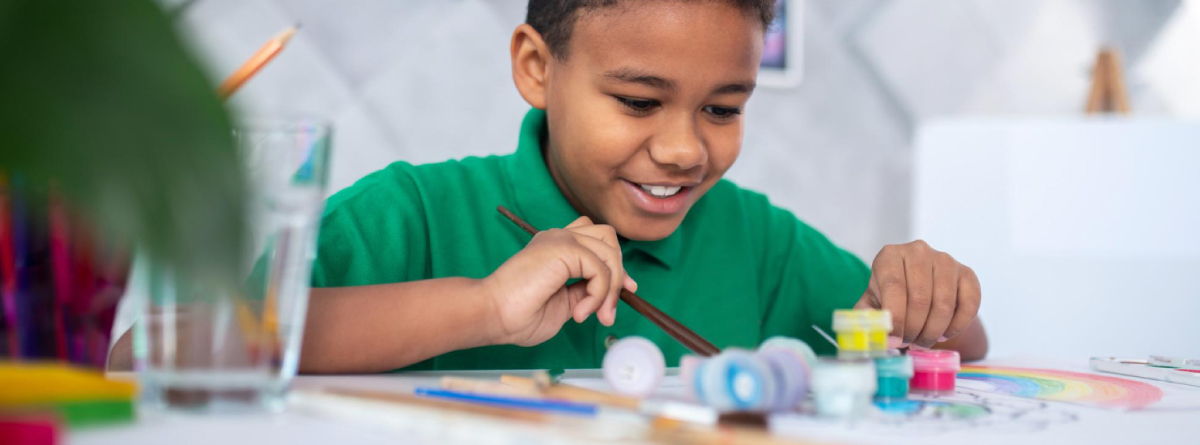Early Childhood Development: The Importance of Learning

What is Early Childhood Development?
Early childhood development is the period of growth and change in young children, from birth to age five. It is a critical time for building foundations that will affect their future physical, emotional, and mental health and educational success. This makes it essential for parents to create and expose their children to environments that support optimal learning and healthy social-emotional development in these years.
Children are the future, and they should be treated as such! When sending your young ones off to school, it is crucial to ensure your children are exposed to a nurturing and safe environment that prioritises early childhood development. Focusing on this necessary development helps prepare them for their transition into higher grades and supports them in becoming well-rounded individuals.
The Role of Education
Early childhood education is fundamental in your child’s development – and it is believed to thrive in environments where children are given the space to explore and grow. There are many passionate educators who can assist your child at the beginning of their learning journey to grasp the necessary pre-literacy and pre-numeracy skills before entering the next phase of schooling.
Additionally, they ensure that this vital educational period is filled with plenty of play to encourage children to use their imagination and build critical thinking skills. Best of all? It keeps children learning and having fun all at once!
Important skills to nurture during early childhood development:
Literacy and numeracy skills: Pre-reading and pre-maths skills are essential for your child’s transition into school. Early childhood educators can provide the necessary materials and guidance to prepare young minds for the next stage of learning.
Cognitive development: Beginning formal learning early on can help children understand how to think, problem-solve and make decisions. Activities that encourage creative thinking, such as storytelling or puzzles, will ensure your little one has all the necessary tools for this skill set.
Social & emotional development: Children need to learn how to deal with emotions and positively interact with others. Early childhood educators can provide a safe environment where they can develop these social and emotional skills.
Fine and gross motor skill development: Early childhood education focuses on children’s physical abilities, such as fine motor skills (coordination) and gross motor skills (movement). Educators in these environments can offer activities to help your child gain control of their body while having fun doing it!
Early childhood development is the first step to your child’s success. It is a vital period for growth and setting a solid foundation for them to reach their full potential in the future. With plenty of love and support from family and early childhood educators, children can be set up for a bright future.
